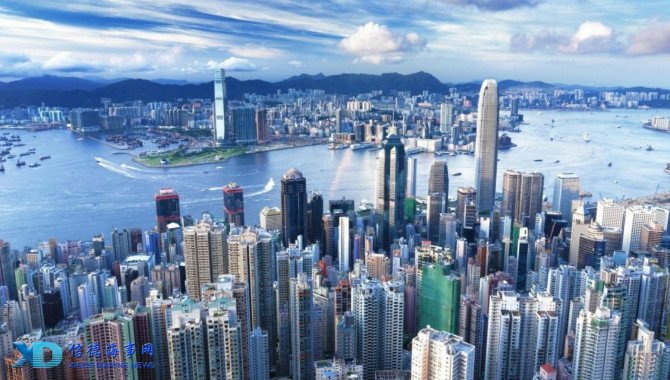
As of 1 July 2018, the PRC has issued new “Discharge Standards” for the discharge of water pollutants from ships. The Discharge Standard applies to all ships (excluding military ships) in territory waters and waters under the jurisdiction of the PRC.
Zika Virus
The Zika virus is transmitted in tropical regions to people through the bite of an infected Aedes mosquito. This virus has been linked to cases of babies born with neurodevelopmental disorders resulting in reduced head circumference and GuillainBarré syndrome, a rapid onset of muscle weakness because of damage to the peripheral nervous system.
Vessel Notice of Arrival or Departure (NOAD)
The operator of a vessel, or her agents, shall submit an application of vessel calling at a Chinese port and report required information to local marine security authority 7 days before arrival or from departing another Chinese port. Vessels must depart the Chinese port within 24 hours after received clearance. NOAD details can be arranged through the vessel's local agent.
Security inspection requirements in Qingdao
As of 1 May 2017, new special security inspection requirements are in effect for vessels that are non-PRC flagged.
Tianjin port thefts onboard ships
Reporting of an increased number of vessels have been reporting incidents of theft in the port of Tianjin.
Dangerous goods (DGs) cargoes
Vessels carrying DGs to, through, or out of Chinese ports shall report to local maritime security authority 3 days before arrival/loading. This must include a DG cargo manifest listing of the DG commodity name, nature of cargo, quantity of cargo and cargo stowage plan. These declarations for carriage of DG cargoes can be made through the vessel's agent.
Pilotage requirements
Vessels entering or exiting port, or shifting locations within the port, are required to do so with the assistance of a pilot to be assigned by the port superintendence administration. Pilotage arrangements can be scheduled through the vessel's agent.
Hong Kong
Air Pollution Control (Ocean Going Vessels) (Fuel at Berth) Regulation
Ocean going vessels of 500 GT or greater must burn 'compliant fuel' that meets any of the following requirements while at berth in Hong Kong:
low sulfur marine fuel, i.e. marine fuel with sulfur content not exceeding 0.5% by weight;
LNG;
any other fuel approved by the Director of Environmental Protection (DEP) on the grounds that its use can achieve SO2 reduction at least as effectively as the use of low sulfur marine fuel.
Pilotage requirements
Pilotage is compulsory in Hong Kong and all vessels over 3,000 gross tons (GT) must have a pilot onboard when navigating in the port. Vessels over 1,000 GT which are carrying dangerous goods are also required to carry a pilot. The pilotage service is available 24 hours a day.
Typhoons and ships at berth
In the event of typhoons, vessels must leave the berths at the port.
Taiwan
Sulphur cap requirements for air emissions in Kaohsiung
As of 1 February 2018, the Taiwan’s Ministry of Transportation and Communications will subsidize vessels with compliant fuel. The subsidy equivalent to approximately US$ 172 will apply to vessels entering Kaohsiung ports between 1 February 2018 and 31 December 2018 unless the available funding runs out before then.
Regulations Governing the Approval and Administration of Direct Cross-Strait Sea Transport
Between the Taiwan Area and the Mainland Area Taiwanese regulations prohibit ships from trading navigating directly between ports in Taiwan and Chinese mainland areas. Fines between TW$ 3 to 15 million will be levied to the shipowners for any violation to this regulation. If shipowners have any doubt relating to direct sailing regulation, they should check with their agents.
Further details and attached advisories may be found herebelow:
 |
American-Club-Welcome-to-greater-china-A-shipowner’s-guide-to-regulatory-compliance-2018_05 |
Please Contact Us at:
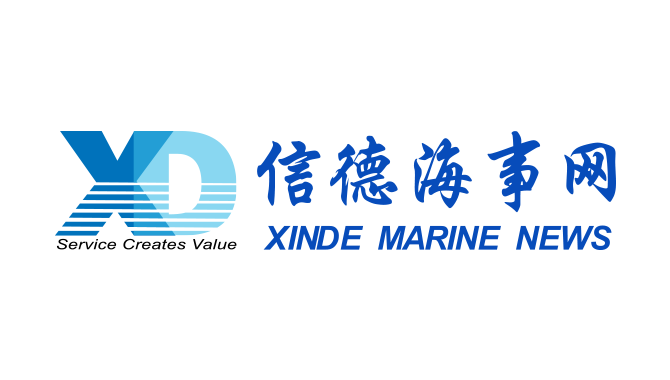 Reporting Requirements for Foreign-flagged Ships En
Reporting Requirements for Foreign-flagged Ships En 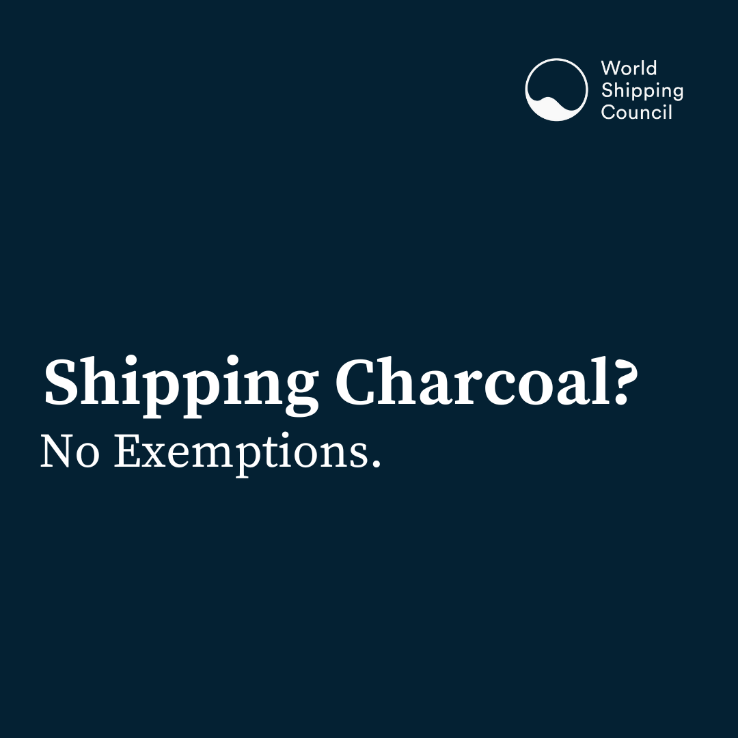 Shipping Carriers Move to Prevent Deadly Charcoal F
Shipping Carriers Move to Prevent Deadly Charcoal F  KR, HD KSOE, HD HHI, KSS Line, and Liberian Registr
KR, HD KSOE, HD HHI, KSS Line, and Liberian Registr 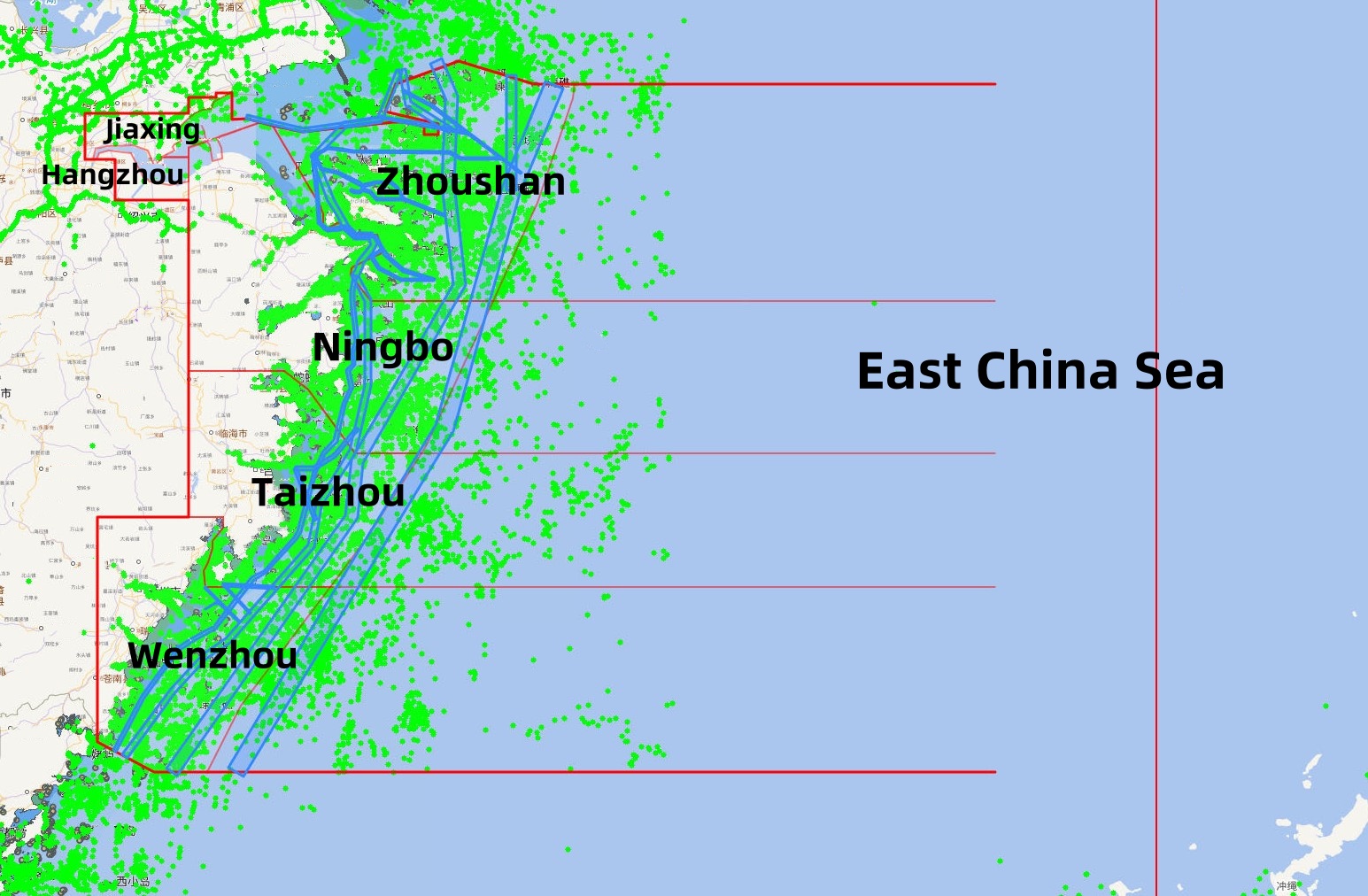 Zhejiang Maritime Safety Administration Issues the “
Zhejiang Maritime Safety Administration Issues the “  RightShip Updates Age Trigger for Vessel Inspection
RightShip Updates Age Trigger for Vessel Inspection 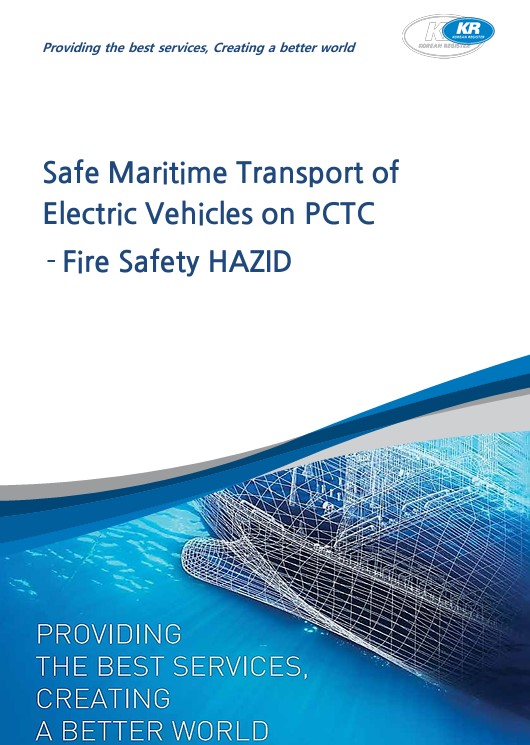 KR Publishes Report on Safe Maritime Transport of E
KR Publishes Report on Safe Maritime Transport of E